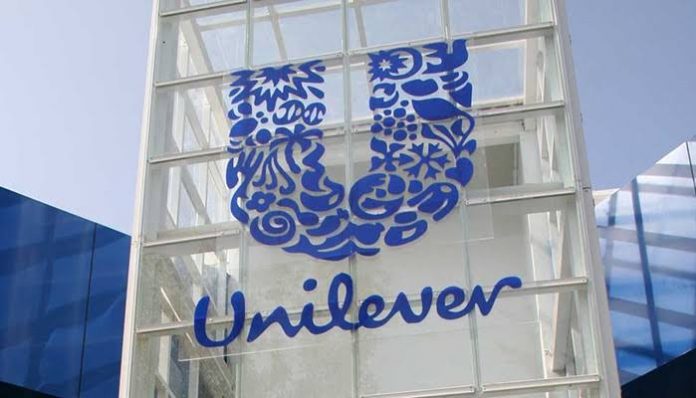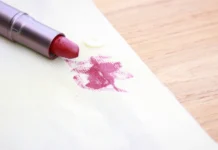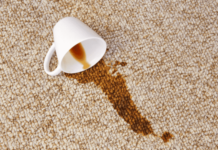
A giant company of consumer goods, Unilever decides to rebrand its most-selling skin brightening beauty product Fair & Lovely, and the name “Fair” will no longer be shown on cream packaging. This has seemed to have a first step towards the antiracist world, and has been encouraged by many of the people while the Indian community seems unhappy with the decisions as these kinds of beauty products are welcomed and demand for such beauty products can never be reduced in the country.
Fair and Lovely is thought to be the most popular and most selling brand in Asia and the Middle East. Unilever has been under the fire for promoting racism amongst people and endorsing the insecurity amongst the black community. This criticism heightened when the US-based multinational company Johnson and Johnson announced to eliminate two of its popular products permanently from its beauty products pile in support of a black American, George Floyd who was killed by the Minneapolis officer.
Announcement surfaced last week from Johnson and Johnson it will no longer promote insecurity and antiblack sentiments with its products and the purchase and production of these products will be ended.
Johnson and Johnson said:
“This was never our motive to promote fairness or the White skin is better than your own skin tonne. Healthy skin is beautiful skin.”

In Asia, India is the leading seller of skin lightening product Fair and Lovely, and every year it generates 24bn (£256million; $317million) rupees as annual revenue.
Since the beginning of the brand’s journey into the markets particularly the Indian market, millions of purchases take place every year in the country. Even the top Indian actors and actresses have worked for these companies to promote the Fair and Lovely cream and to provoke a fair skin tone.
Through these fairness-endorsing campaigns, beauty brands have made our mindset that in order to get a good job or a loved one, we need to get a fair and glowy skin tone. Therefore it is necessary to bag a Fair and Lovely tube to prove yourself in every field of life. People would have to understand it was an outdated perception, the world has changed now, one’s skills and capabilities will be the only means to make one superior to another.
On Thursday morning, Fair and Lovely had become a trend on Twitter in India, with plenty of demands to ban the sale and endorsement of a brand. Three petitions against the endorsement of Fair and lovely have come to surface in the last three weeks, demanding Unilever to eliminate this product completely from Asian markets and East Asian stores.
The same day after receiving a call for banning, Unilever decided to rebrand Fair and Lovely saying:
“a new name has been chosen for the cream and is awaiting regulatory consensus.”
“We confess the use of words such as ‘Fair‘, ‘Light‘ and ‘White‘ lead the same path to the idea of beauty, and we think it is not right, we want to address this,” the company made a statement.
In previous years, the company had made some significant changes to the products which are inclusive of the removal of shades card from packaging and elimination of ‘before and after comparison of skin tone’ part from the advertisement.
Moreover, the company announced to feature women with different skin tones to represent their region with their own beauty in future campaigns.
While many people delighted with the decision, some of the people say, changing a name does not bring any apparent change in the world when the purpose of the cream remains the same as before, ingredients would remain as it is that will hiddenly promote fairness.
Renowned figures are glad about their decision but they want the company to review its products and in its essence. It will be a fairness cream no matter what they call it.
Unavailability of Fair and Lovely will cause distress amongst its consumers especially in India as people who are desperate to make their skin color fairer will no longer find this product, as a result, they would start to purchase the alternate of the product in future.











